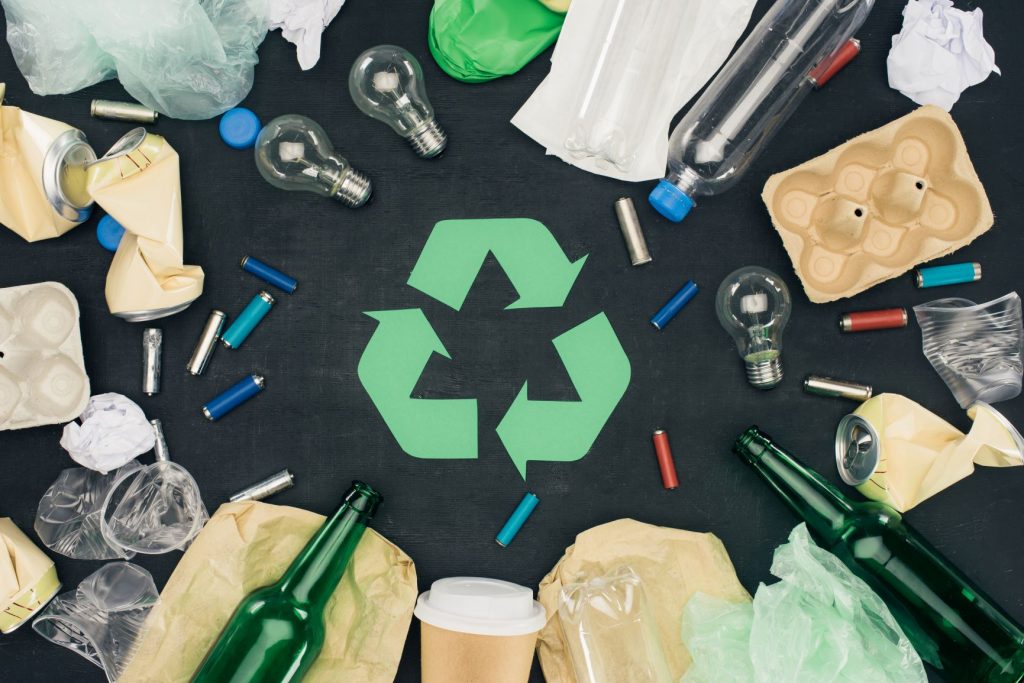Analysis of State Recycling Definitions: Environmental Research & Educational Foundation Report
Dec 30, 2019
The Environmental Research & Education Foundation (EREF) identified and analyzed recycling definitions used by state agencies in an effort to document the various ways recycling may be defined.

Definitions for “recycle”, “recycling”, and/or similar terms such as recyclables were identified through a search of state codes. Definitions were identified for 49 of 50 states. A definition was not found for North Dakota.
Definitions were analyzed based on various components, including:
- What activities are considered to be part of recycling (e.g. collection, sorting, separating, processing, etc.),
- What are the end product(s) of recycling (e.g. raw material, product, commodity, substitute for commercial product), the end uses considered as recycling (e.g. reuse, remanufacturing, composting, waste-to-energy),
- Are any special wastes specifically included in the definition (e.g. waste oil, household hazardous), and
- Whether recycling occurs to waste materials, or materials prior to becoming waste.
State definitions of recycling were found vary widely, and based on EREF’s analysis there are at least 18 distinct ways that recycling is defined throughout the U.S.
Activities included in recycling are stated to include:
- separation or sortation (29 states),
- collection (25 states),
- processing (21 states), and
- the sale or return to the economic stream (14 states).
States include what is described in the Report as possible outputs of the “recycling process” in their definition. Those commonly referenced are described in the Report as:
- raw materials (28 states),
- ingredients or inputs for manufacturing (10 states),
- commodities (3 states), and
- as products themselves (23 states).
The EREF found that while there are some differences in wording among definitions, recycling generally describes activities within the traditional curbside municipal solid waste (MSW) recycling system where haulers, material recovery facilities (MRFs), reclaimers, brokers, and processors facilitate the recovery and return of useable or saleable materials to the marketplace. Differences in definition become more pronounced when considering the other MSW management techniques (e.g. reuse, composting) and materials (e.g. hazardous household waste) that may fit within the activities listed above.
Another interesting finding concerning the definition and measurement of recycling was whether or not recycling includes composting. Based on EREF’s analysis, 11 states reference composting in their recycling definitions, with 9 states including composting in the definition and 2 states explicitly excluding it. An additional 13 states do not reference composting directly, but the definitions could be interpreted to include composting as a product returning to the marketplace.
Find the complete EERF Report here.